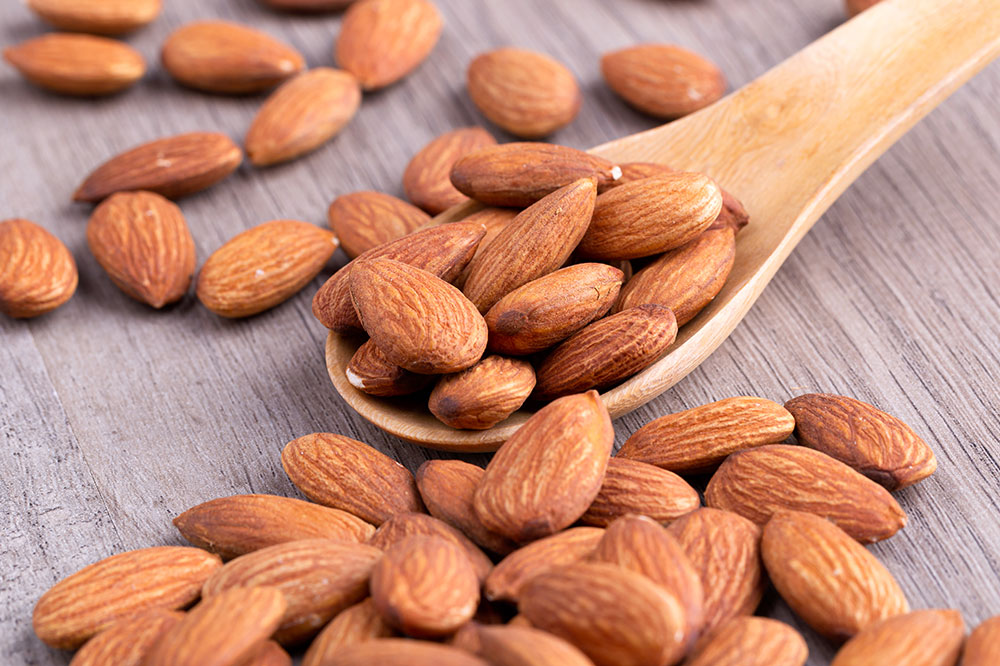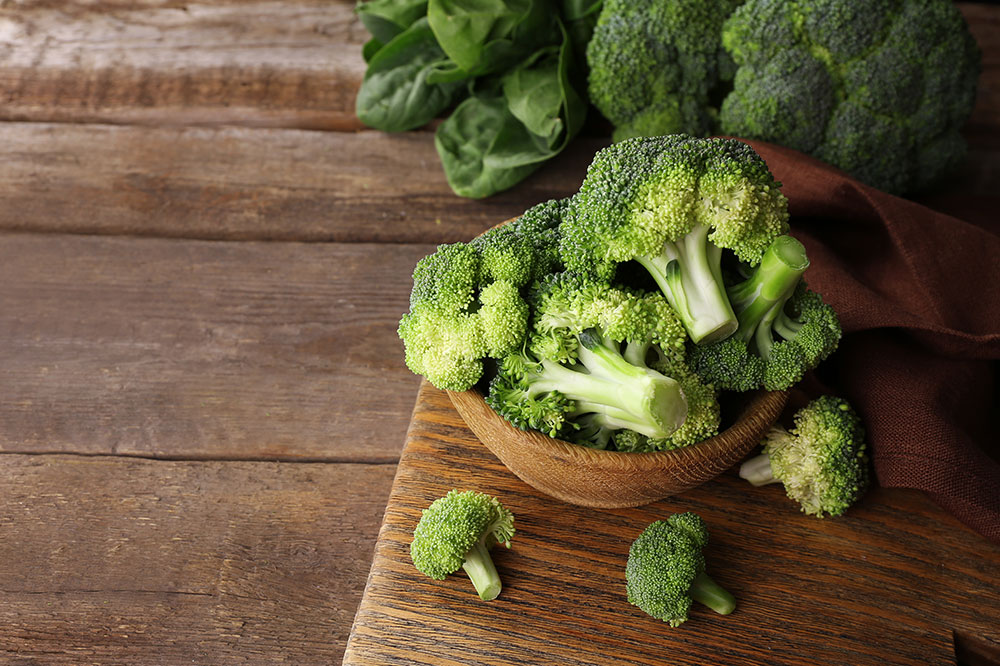Effective Dietary Tips for Managing Excessive Sweating
Discover effective dietary strategies to manage excessive sweating. Incorporating hydrating fruits and vegetables, calcium and magnesium-rich foods, green tea, olive oil, and staying hydrated can help reduce hyperhidrosis symptoms naturally. Consult your doctor for personalized advice and explore treatment options like Botox if needed.
Sponsored

Dietary Strategies to Reduce Excessive Sweating
Excessive sweating, or hyperhidrosis, can sometimes stem from health issues like hormonal shifts, metabolic disorders, or infections. Maintaining a balanced, nutrient-rich diet can aid in controlling this condition and promoting overall well-being. Incorporating certain foods into your daily routine may help keep your body cool and reduce sweat production. Here are recommended foods for those seeking relief from hyperhidrosis.
Foods to Incorporate
Fruits and Vegetables With High Water Content
Consuming hydrating produce such as melons, apples, oranges, peaches, pineapples, spinach, lettuce, cucumbers, peppers, strawberries, grapes, celery, eggplant, and red cabbage can significantly help reduce episodes of excessive sweating. Besides eating these, drinking plenty of water and low-sugar beverages is crucial.
Calcium-packed Foods
To support body temperature regulation, include calcium-rich foods like skim milk, cheese, yogurt, and dark leafy greens. Those reducing fat intake can opt for low-fat dairy options. Consuming low-fat foods can help minimize metabolic stress that may trigger sweating, making them beneficial for managing hyperhidrosis.
Decaffeinated Green Tea
Green tea, especially in decaffeinated form, is excellent for cooling the body and calming nerves, which can help decrease sweating. Swapping your regular coffee for green tea might bring beneficial effects.
Magnesium-rich Food Sources
Including foods like almonds, cashews, spinach, soy, pumpkin seeds, and dark chocolate can help prevent magnesium deficiency caused by excessive sweating. Magnesium boosts immune health and supports nerve and metabolic functions.
Olive Oil
Rich in antioxidants, olive oil promotes metabolism, aids digestion, and can help reduce sweating. Its nutrient profile makes it a valuable addition to a hyperhidrosis-friendly diet.
Stay Hydrated
Proper hydration is paramount for regulating body temperature and maintaining health. Carrying a water bottle throughout the day and drinking adequate fluids—adjusted for activity level and environment—are essential steps.
Vitamin B Food Sources
Incorporate foods like salmon, lean beef, green vegetables, and eggs to support metabolic efficiency. Enhanced metabolism can help mitigate excessive sweating, especially in individuals with slower digestion.
In addition to dietary measures, treatments such as Botox injections are available for hyperhidrosis. Botox works by blocking nerves responsible for stimulating sweat glands but should be administered under medical supervision due to costs and insurance factors. Consulting a healthcare professional is recommended before considering such procedures.






